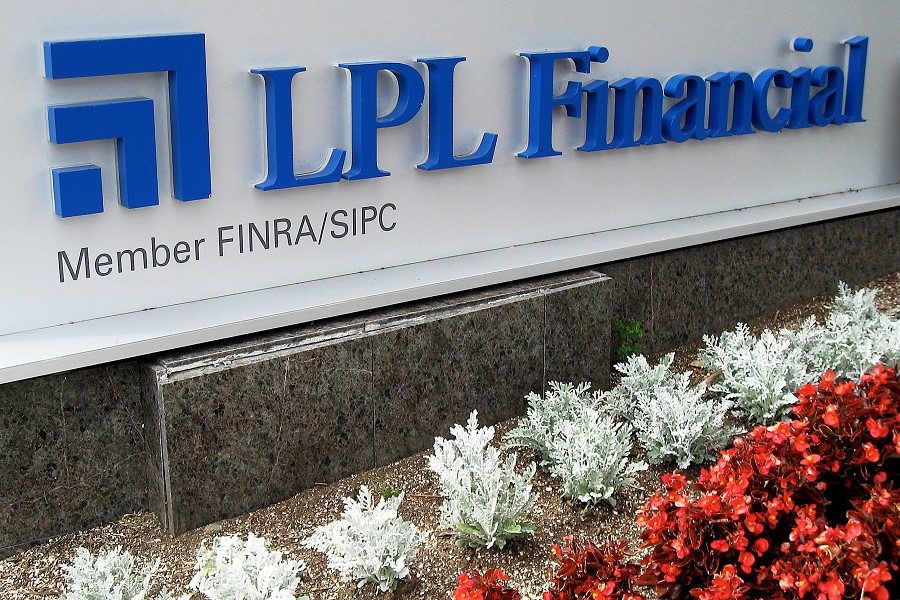

As the brokerage industry continues to figure out how to work most effectively in the midst of COVID-19, LPL Financial said Thursday it will keep its back office open longer each day to support its financial advisers.
Starting Monday, the company is extending service hours for its more than 16,000 advisers from 8:00 a.m. to 9:00 p.m. EDT until further notice, the company said in a statement. And starting Saturday, LPL will be open to work with its advisers from 10:00 a.m. to 2:00 p.m. EDT.
LPL said it wanted to accommodate its advisers' busy schedules during this time.
LPL is also implementing a work-from-home policy, with about 70% of its employees working remotely at this point. It has also cut all business travel and restricted access to its offices for visitors.
The largest broker-dealer for independent contractor reps and advisers, LPL, like the rest of the brokerage industry, is changing its policies to battle the coronavirus outbreak. A number of mainstay industry conferences have already been cancelled or delayed. Earlier this week Edward Jones said it was asking advisers to halt face-to-face meetings with clients and instead communicate electronically, and today Charles Schwab announced that it was closing all of its branches to the public through April 7.

Plus, a $400 million Commonwealth team departs to launch an independent family-run RIA in the East Bay area.

“I respectfully request that all recruiters for other BDs discontinue their efforts to contact me," writes Thomas Bartholomew.

The collaboration will focus initially on strategies within collective investment trusts in DC plans, with plans to expand to other retirement-focused private investment solutions.

Wealth tech veteran Aaron Klein speaks out against the "misery" of client meetings, why advisors' communication skills don't always help, and AI's potential to make bad meetings "100 times better."

The proposed $120 million settlement would close the book on a legal challenge alleging the Wall Street banks failed to disclose crucial conflicts of interest to investors.
Orion's Tom Wilson on delivering coordinated, high-touch service in a world where returns alone no longer set you apart.
Barely a decade old, registered index-linked annuities have quickly surged in popularity, thanks to their unique blend of protection and growth potential—an appealing option for investors looking to chart a steadier course through today's choppy market waters, says Myles Lambert, Brighthouse Financial.
